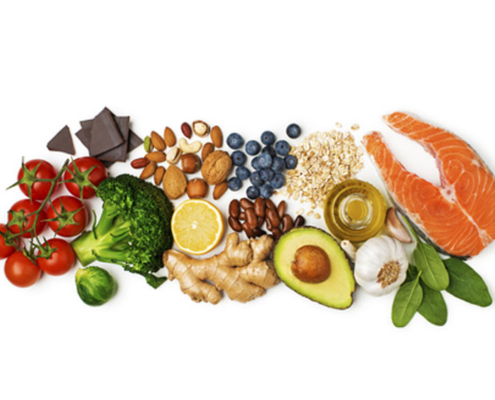Need Some Help Managing Your Stress and/or Depression?
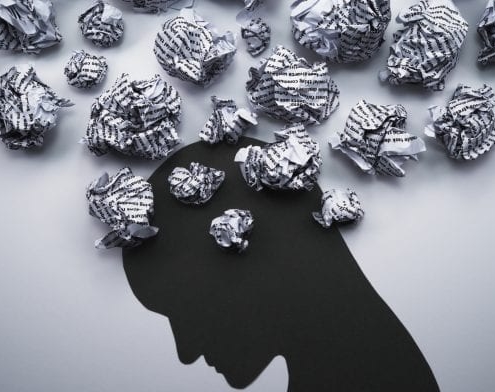
One of the most important things to monitor during times of uncertainty and stress is your mental health. I know I’ve talked about this repeatedly, but it really is so very important. Your mental health can directly affect your physical health, and from there it’s a quick slide down a greased chute to some pretty serious problems.
Many people who never before suffered from depression or anxiety are exhibiting symptoms since COVID-19 became widespread. There is no precedent, there is no certainty, there are no good answers, no one knows what will come next or how long it will last, and it’s anybody’s guess when someone might develop a vaccine so we can maybe return to normal life. Those who already suffered from depression or anxiety or both are often even worse off since the current situation exacerbates their existing condition. Add to that most of us can’t see our doctors and are worried about keeping health insurance so we can when we’re allowed, and it’s a recipe for what seems to be certain disaster.
That can be true, but it does NOT have to be. The insurance worry has been alleviated for those covered under the IATSE Heath and Welfare plans, at least for the second and third quarters, and possibly for the fourth as well once we get closer. Unemployment, while it doesn’t cover everyone, eases a bit of the financial pressure for a while. And say what you will about the federal stimulus checks, they certainly came in handy for a great number of people.
For me personally, my therapist has been holding video sessions through a secure app, so we can continue as normal. But until unemployment got sorted out, I was afraid to go deeper in debt and I missed an entire month of weekly sessions, which made my already existing depression and anxiety exponentially worse. So I get it. I know where you’re coming from, and I understand how debilitating it can be. There were days I didn’t move off my couch even to eat. There are still frequently days when I sleep for upwards of 15 hours at a stretch. Mental illness, whether temporary or not, is no joke.
It’s not hopeless!
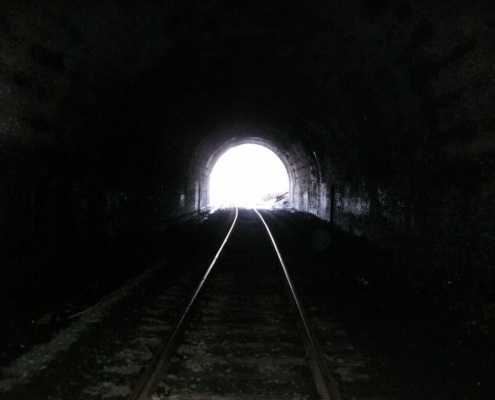
There is a light at the end of the tunnel, and it is NOT a train! There are multiple things you can do even without a therapist to get yourself out of a depressive cycle that are surprisingly easy. Not everything works for everyone, so I’m going to get into a few different things in hopes all of you will find something that appeals to you.
The food you eat directly affects how you feel
There are several foods highly recommended for dealing with stress. I know a lot of us have been snacking and eating comfort food and generally not being at all healthy, and it’s taking a toll on our mental health. Foods that combat stress that actually work are things like herbal teas, whole grains, avocados, fish, nuts, citrus fruits, berries, foods high in fiber and probiotics, and even dark chocolate! Eating healthy in general can help us feel better, but these things in particular top the list for those with stress and anxiety. If you want comfort food, go for a bowl of oatmeal topped with berries instead of a pan of macaroni and cheese. If you want something sweet, make it dark chocolate. Both your body and mind will thank you for it.
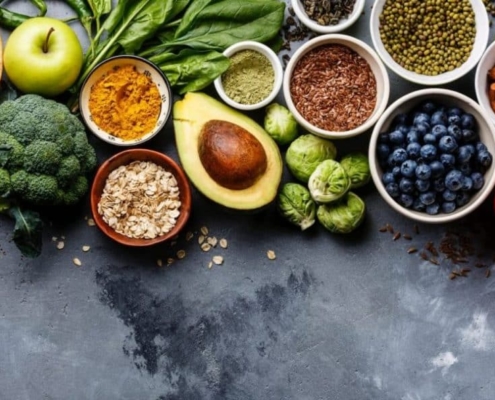
Many of the same foods recommended to alleviate anxiety are also recommended to ease depression. It makes sense as the two often go hand in hand, but there are some additional foods that are specifically shown to help with depression.
Foods high in Selenium: whole grains, organ meats, and some seafood. Foods high in Vitamin D: fortified dairy products, oily fish, eggs, and beef liver. Foods high in Omega-3 fatty acids: chia and flax seeds, cold water fish (salmon, tuna, sardines), and walnuts. Foods high in antioxidants: berries, soy, most fresh fruits and vegetables, and pretty much any edible plant product. Foods high in B vitamins: eggs, poultry, oysters, milk, whole grains, nuts, dark leafy vegetables, and beans. Foods high in protein: chickpeas (garbanzo beans), tuna, and turkey. Foods high in Zinc: nuts, pumpkin seeds, beef, poultry, pork, oysters, and whole grains. And of course foods with probiotics like yogurt.
There are also some foods you should definitely avoid if you’re prone to depression. Alcohol, junk food, fast food, processed foods and oils, caffeine (which seems counter-intuitive, but that’s because most people overdo it instead of consuming it in moderation). These things can make your depression worse without you even realizing it.
Practicing mindfulness can help in many different ways
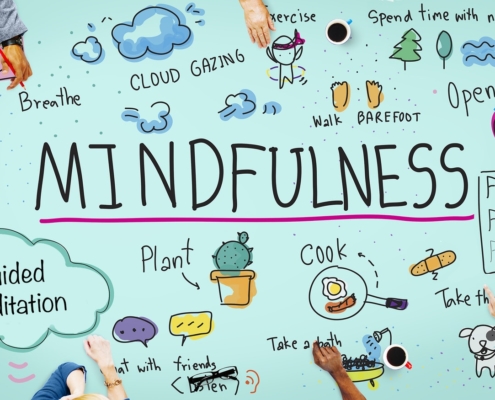
Every time I hear “mindfulness” I automatically translate it to “meditation”. While meditation is one thing you can do, it is by no means the only thing. There are probably a lot of you, like me, who find it impossible to meditate, and that’s OK! Try some other things instead. Did you know there is a whole section on LinkedIn Learning full of classes both short and long on different ways to practice mindfulness? Since all IATSE workers (members or not) are eligible for a free subscription to LinkedIn Learning, why not check it out? An easy, online application is available through the IATSE Training Trust Fund.
An organization called simply Mindful offers a list of five simple mindfulness practices for your everyday life, all of which can continue to be helpful even after this particular crisis is over. PsychCentral has some simple 1-minute mindfulness exercises as well, many of which I’ve been using for quite a while without knowing they were actually a thing. Any or all of the things you’ll find at any of these sources (and this is just a sample, there are plenty more online) can help you get through tough times, and with such a wide variety of options there is something for everyone.
Colouring!
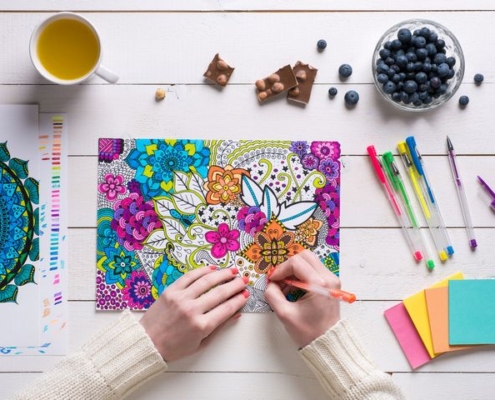
Recently there has been an incredible upsurge in adult colouring books and printable sheets as people realize the simple joy of creating something pretty can ease incredible amounts of stress. Whether you choose complicated designs or prefer a children’s colouring book, there is something about taking a black and white outline and making it uniquely yours that is soothing. Plus, you then have something pretty you could hang up if you want! There are of course hundreds of colouring books you can buy, but several websites are offering free printable sheets as well if you just want to get your feet wet without spending a lot of money.
For example, Crayola has several different types of printable pages, all free, ranging from simple to difficult. A website called fittingly enough Just Color has 1500+ different designs you can print for free and colour as you wish. And one a friend just showed me the other day is World Wildlife Fund, which doesn’t have a lot of sheets, but the ones they do have are beautiful. Again, this is just a representative sample… there are hundreds of sites offering free printable colouring sheets.
I won’t link to any because I try to keep family-friendly, but there are also a large number of “sweary” colouring books for adults. I just bought one that is a snarky, cursing holiday theme. There are many others, some of them better than others.
Tips for reducing anxiety and stress
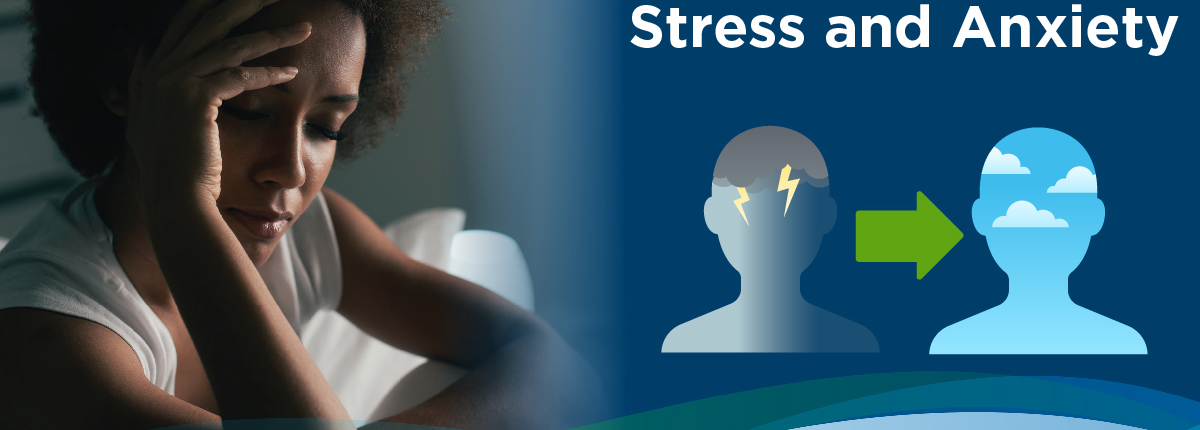
All of the above things are excellent ways to reduce your stress, depression, and anxiety. But I want to recap and add a few more, just to show there are almost endless options. The best part about that is you should be able to easily find something that works for you. Not everyone is the same, not everyone suffers the same, and not everyone can find relief the same.
Going back to PsychCentral, they have assembled a quick list entitled 9 Ways to Reduce Anxiety Right Here, Right Now. They may work for you, they may not. Personally, I find the very first one the most helpful: Take a deep breath. It forces you to stop for a second, which often interrupts the flow of panic. It’s also a lovely way to relax enough to fall asleep. If you’re an Android user, there is an app called Sleeping Pill I’ve found to be very helpful at night.
Psychology Today has put together a list of 21 tips they claim can “Change Your Anxiety Forever”. I don’t know about forever, but immediate relief certainly isn’t all bad. And if it does last forever, great! You’ll find some of the same things here that are in the PsychCentral article, but several more as well.
CBDCentral recently called my attention to an article they published which has some good information if you’d like to look into CBD Oil for Anxiety. I have no personal experience and don’t claim to have medical knowledge, but you can certainly make your own decision.
I’m going to add one of my own, that I’ve been doing for about six years now. At the end of every day, I find three positive things that happened that day. I call them “Today’s Positives”, and I post them on Facebook as a way of keeping myself accountable for doing it. When I first started it was like pulling teeth, and I more than once fell back on, “I have a home, I have clothes, and I have food.” But as time goes by, you retrain your brain to look for the good instead of the bad. There are some days I write entirely too many things. There are still days when I’m having a hard time that I keep it to the bare minimum. But it’s a thing recommended by therapists and other medical professionals, and it really does work.
In conclusion
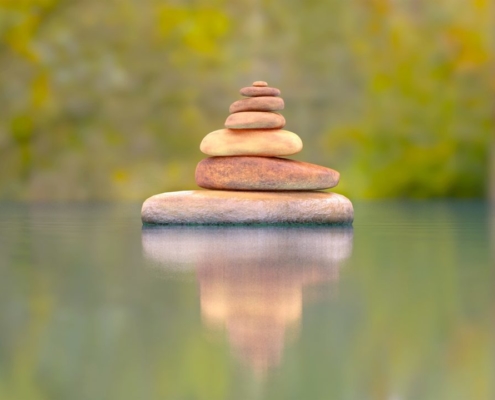
With any luck at all, you’ve been able to find something in this post that can help you. Additionally, don’t forget about the resources and partnerships the IATSE has made available to you, such as the peer-to-peer chat app Be Scene – Be Heard and the Entertainment Industry Therapist Finder. Also of use is the Self-Assessment Tool put together by Behind the Scenes as a way to help you figure out with what aspect of your mental health you most need help. I would be remiss if I did not also mention IATSE C.A.R.E.S., specifically created to “provide support to our most at-risk, elderly, and/or disabled members during the COVID-19 crisis”.
I’m also going to include some toll-free phone numbers here.
- The Suicide Prevention Hotline: 1-800-273-8255.
- National Domestic Abuse Hotline: 1- 800-799-7233.
- Self-Harm Hotline: 1-800-DONT CUT (1-800-366-8288)
- Family Violence Helpline: 1-800-996-6228
- Crisis Text Line: Text REASON to 741741
- National Council on Alcoholism & Drug Dependency: 1-800-622-2255
- GLBT Hotline: 1-888-843-4564
- The Trevor Project: 1-866-488-7386 or text “START” to 678678 (Provides crisis intervention and suicide prevention services to lesbian, gay, bisexual, transgender, queer & questioning—LGBTQ—young people under 25.)
- Mental Health America Hotline: Text MHA to 741741
- The Childhelp National Child Abuse Hotline: (800) 422-4453
- Rape, Sexual Assault, Abuse, and Incest National Network (RAINN): (800) 656-HOPE
We are all in this together, but we are all at different places mentally, financially, and physically. Please don’t feel you are alone, and please don’t feel you just need to “tough it out”. I’ve said it before and I’ll say it again… THERE IS NO SHAME IN NEEDING HELP. Reach out. There is help available, a lot of it for free. Don’t try to go it alone; there’s no need. Self-care is not a luxury, it is a necessity. I’d like to see all of you when we are finally back to work!
Now, what do we say?
Be safe. Be well. STAY HOME. And as always… WASH YOUR HANDS!

